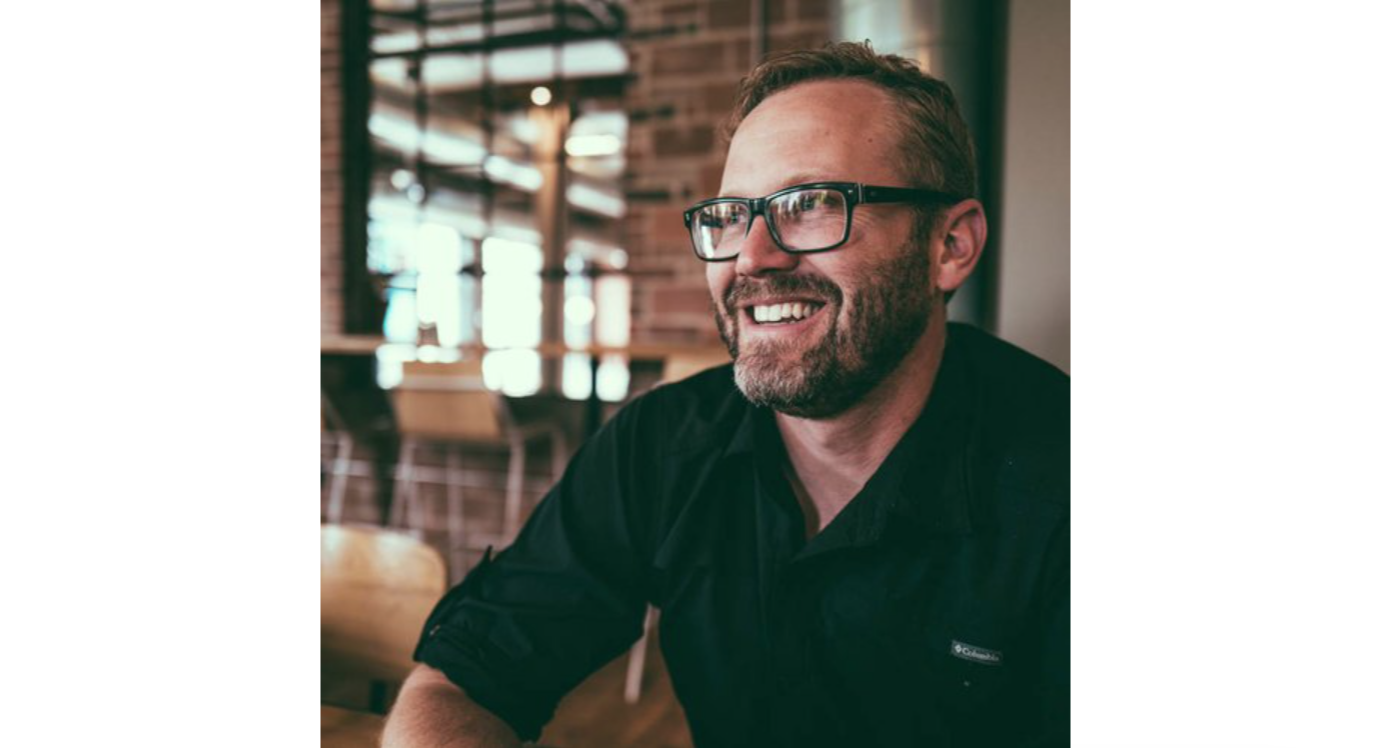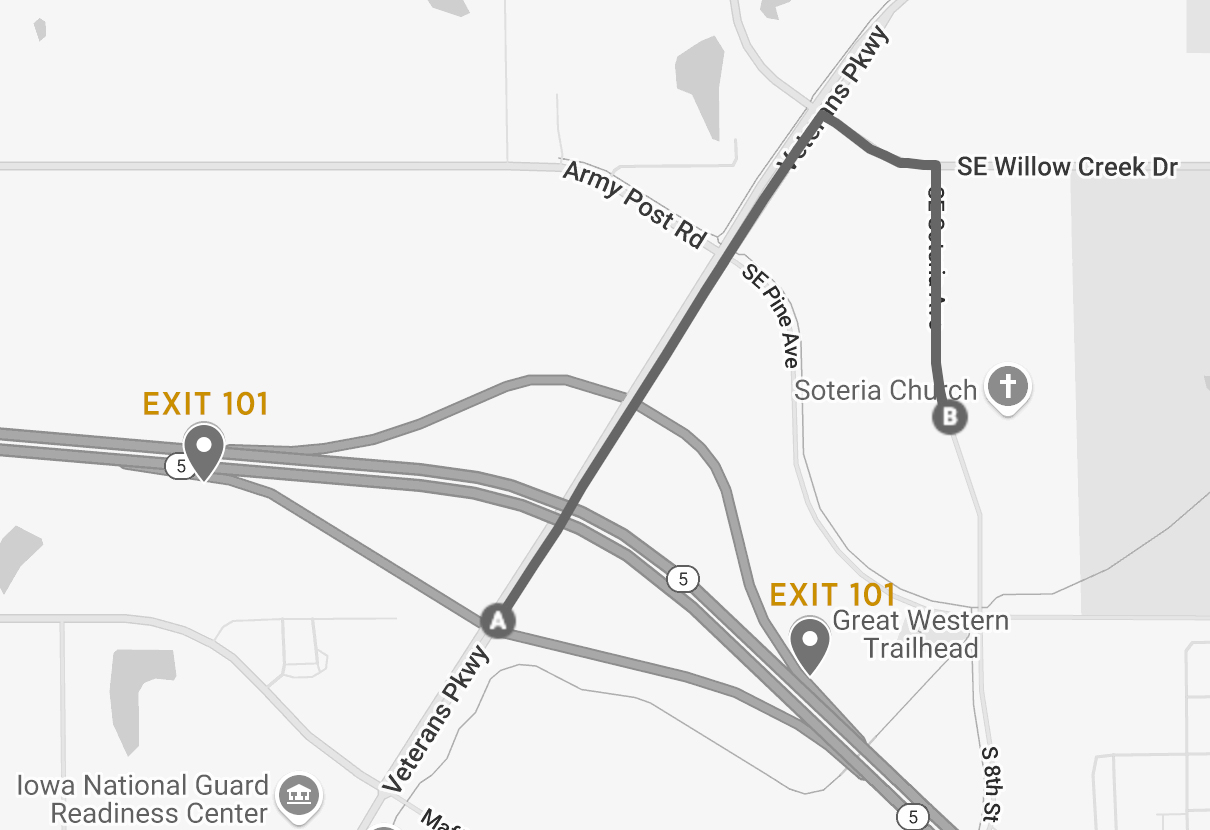Changing Our Thoughts & Shaping Our Souls
Three resources to take you deeper in Psalm 121 this month
By Zach Dietrich
The Soteria Bible reading plan encourages a monthly psalm. We encourage that because living in a psalm lets it begin to change our thoughts and shape our souls. Psalms, after all, teach us the language to pray, and languages are learned through repetition.
This month’s psalm is Psalm 121. Keep reading for a sermon, a song, and a summary to help you learn the language of prayer from this psalm.
The Corner Room has put many psalms to music, and the Psalm 121 song is definitely catchy. Add it to your playlist on your morning commute or lunch break or before bed. Use good music to etch this psalm upon your memory. And while you’re at it, check out their other music.
Sermons are also a great way to learn scripture. Listen to “Purposed Vulnerability,” a sermon Pastor Mike preached from Psalm 121 in our Psalms series 10 years ago.
Dane Ortlund, author of “Gentle and Lowly,” has a simple devotional on the book of Psalms. “In the Lord I Take Refuge” has a one-page devotional for every psalm. Our family read his summary of Psalm 120 last month, and it helped us find meaning in the unfamiliar words.
Psalm 120:5 says, “Woe to me, that I sojourn in Meshech, that I dwell among the tents of Kedar!” Ortlund offers this little explanation:
“These locations are not household names for us, so it is easy to read over them without feeling the full weight of what the psalmist is lamenting. Meschech and Kedar are two places far from one another and far from Israel: they are two places to which God’s people were dispersed throughout the centuries, especially in times of exile. The point is that these two places represent the world without God, as the hostile enemies of God’s people surround the redeemed…We are “sojourners and exiles” (1 Pet. 2:11); this world as it now stands is not our home, and we “desire a better country” (Heb. 11:16). Like our Savior, who left his true home in heaven to come to earth and sojourn among us, we sojourn among a foreign land that will one day be returned fully and openly to its rightful ruler. Until then, we trust in the Lord and, led by the psalmist, pray for deliverance.”
Here are Ortlund’s summary and reflections on Psalm 121:
“It is easy to go through life feeling vulnerable. Vulnerable to financial collapse, to physical illness, to relational rejection, to emotional meltdown. We naturally and easily feel small, weak, and defenseless.
“What does it mean to be part of the people of God? Among a hundred other things, it means that the God who created the universe never ceases to watch over and actively protect you. It means he never takes a nap on you, never is distracted, never turns away. “He who keeps you will not slumber” (v. 3). But how can we really know? Where is the proof?
“The proof is there on a hill called Calvary. There Jesus died. Jesus Christ became truly vulnerable, truly defenseless, exposed not simply to adverse circumstances but to the forces of hell, receiving the judgment we deserved. He was overcome so that we could walk through life with the certain knowledge that we are God’s children and that he is ever watching over us.”
Excerpted from: “In the Lord I Take Refuge: 150 Daily Devotions through the Psalms” by Dane C. Ortlund. This title is also available in the Soteria Resource Center for $5 less than Amazon.


